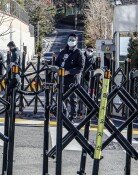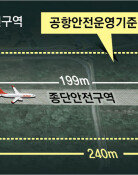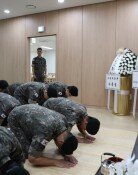No Relations Society
The term no relations society frequently appears in Japanese media. This term describes a situation in which the number of senior citizens who have either died or remain unaccounted for increases though they are still registered as residents by provincial and municipal governments. More shockingly, many offspring of such elderly intentionally concealed the deaths or missing status of their parents to receive pension payments. The number of missing people over age 100 in resident registrations, the basis of administrative work such as provision of pension, has exceeded 300. The number of people over age 100 on family registers whose whereabouts are unknown exceeds 230,000.
Japan has the worlds highest average life expectancy of more than 86 years, with those over age 65 accounting for around 23 percent of the population. In this rapidly aging society, the weakening of bonds and relations among families and society is accelerating the phenomenon of the no relations society, according to experts. Unspeakable acts have been committed by children from financially unstable households to take their parents pension, showing the dark side of the worlds top country for longevity.
What is happening in Japan can also happen in Korea, whose population is aging at the worlds fastest pace. In 2002, those aged over age 65 in Korea accounted for more than seven percent of the population. Korea will become an aged society in 2018 as the figure will exceed 14 percent and a super-aged society in 2026 at more than 20 percent. In 1970, Korea and Indonesia had the worlds lowest proportion of people over 65 at 3.1 percent among the Group of 20 economies. Korea`s figure rose to 11 percent this year, however, and is expected to hit 24.3 percent in 2030. This will make Korea the worlds fourth-oldest country after Japan, Germany and Italy, according to the Organization for Economic Cooperation and Development.
In 2002, then U.N. Secretary General Kofi Annan described rapid population aging as a global time bomb when the U.N. adopted the International Plan of Action on Aging. The growth in life expectancy is not necessarily a blessing, and can bring about individual pain and a decline in national competitiveness. Desperately needed are policies to allow the elderly to engage in economic activities and individual efforts to upgrade their work skills. No less important is reviving ties and affection among family members and neighbors, something overlooked in the process of industrialization.
Editorial Writer Kwon Sun-hwal (shkwon@donga.com)







